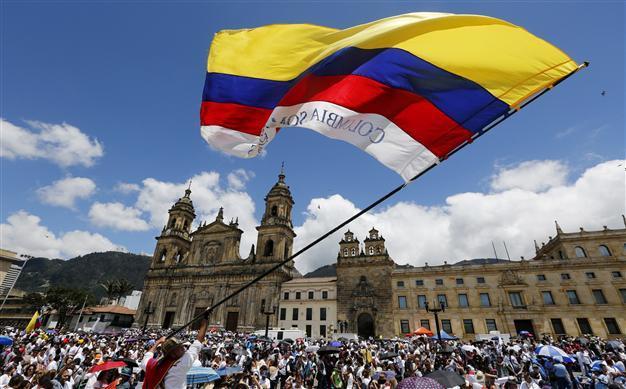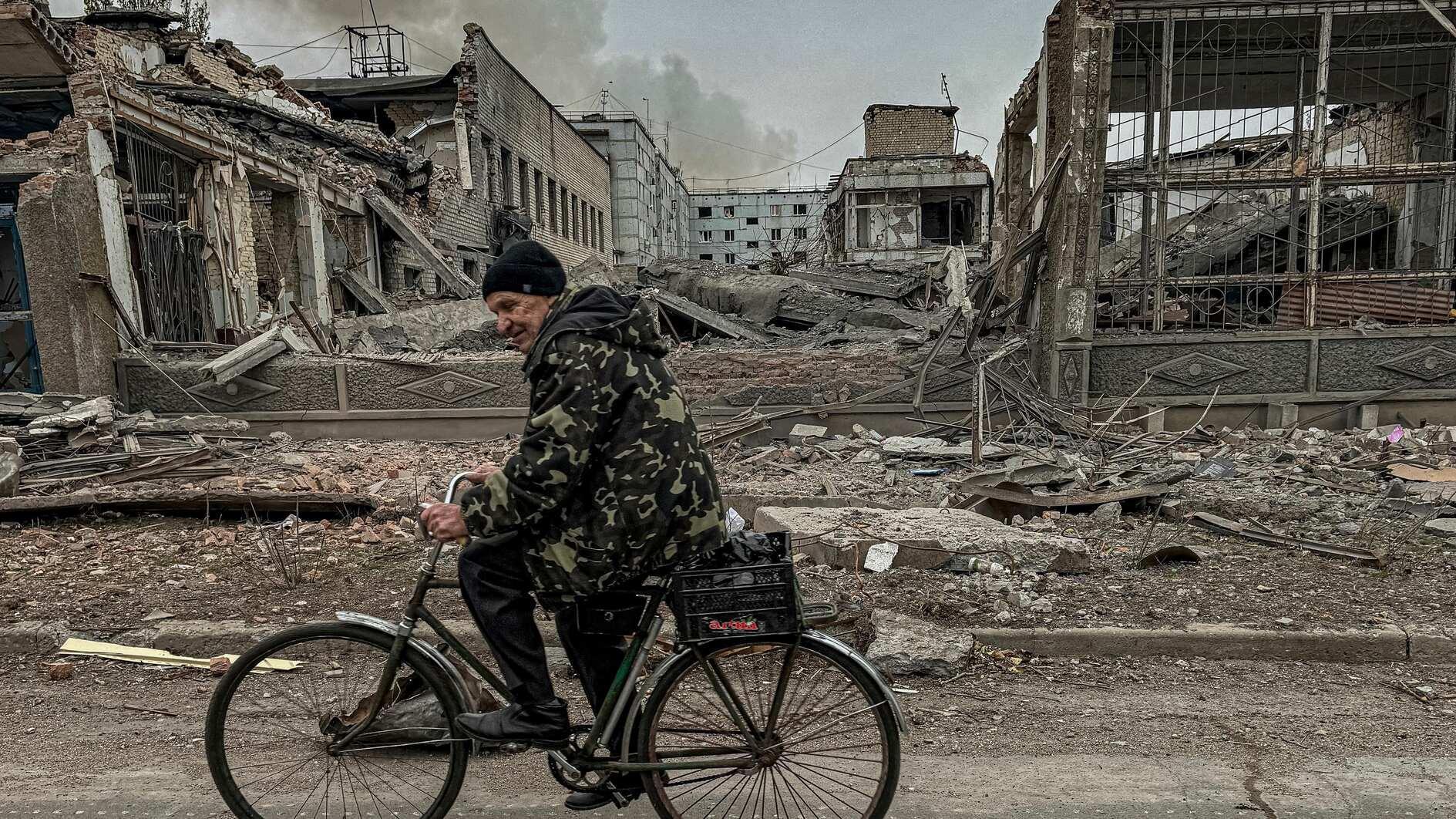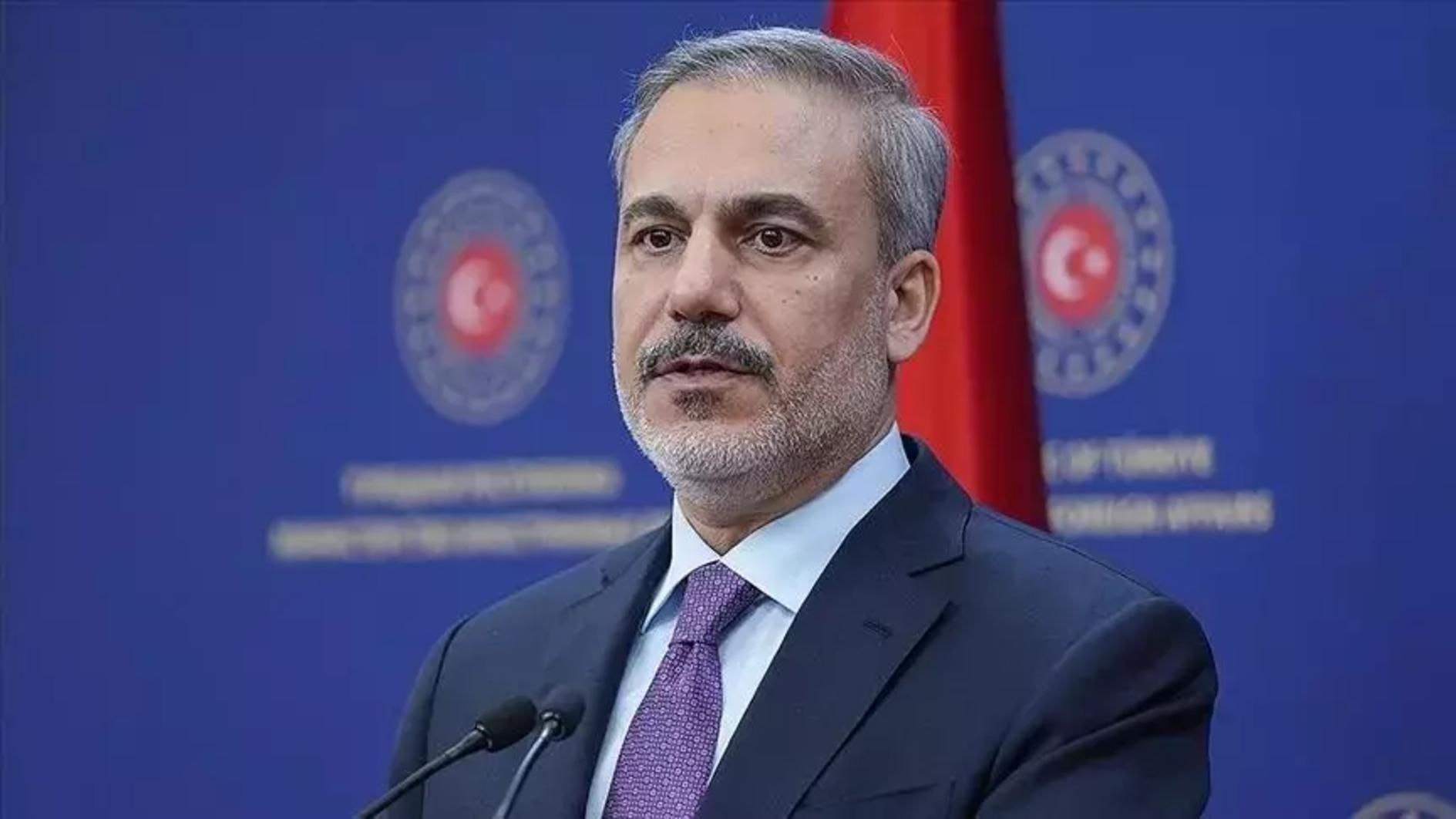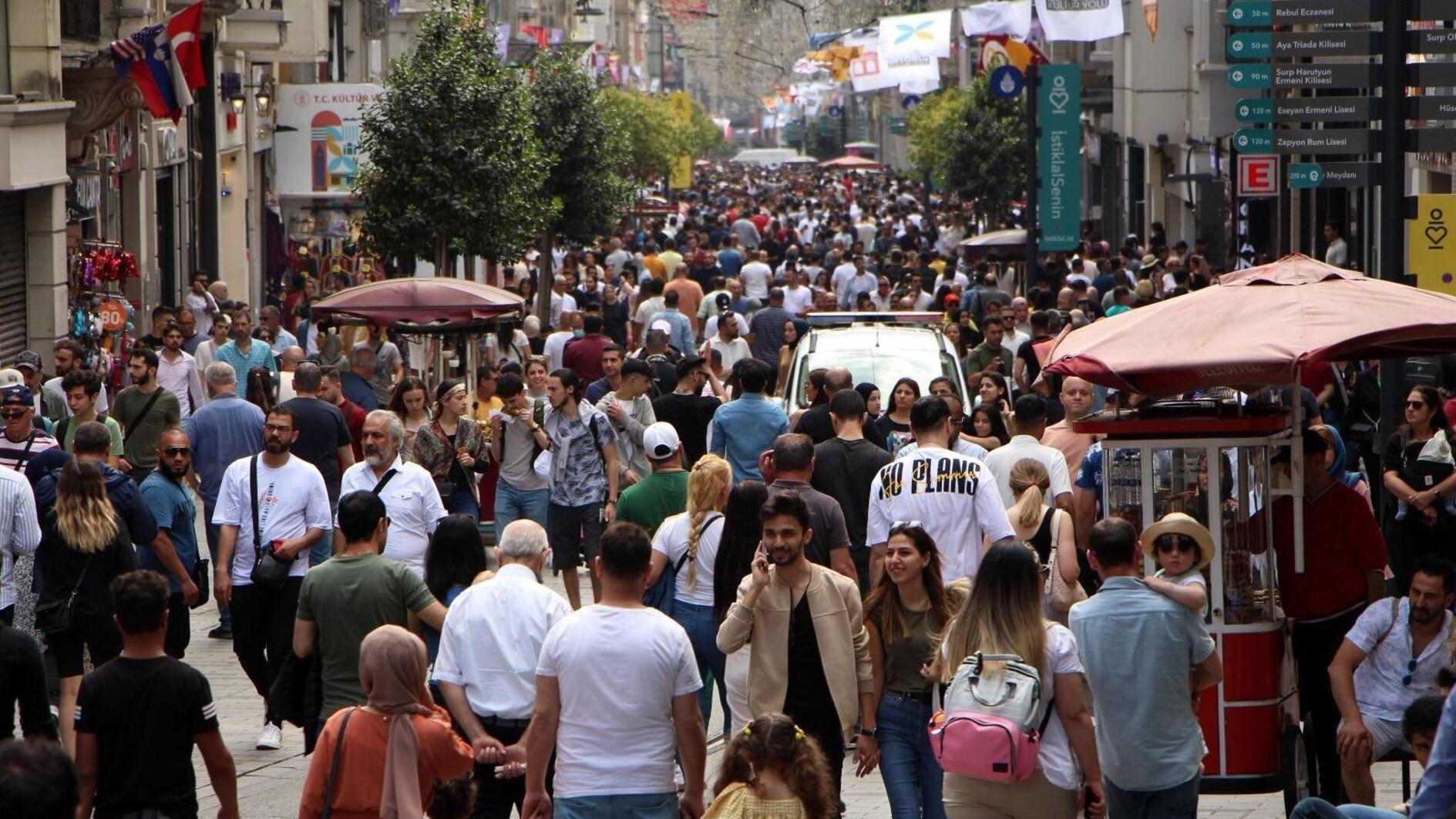Colombia halts air raids on FARC in major boost to peace drive
BOGOTA - Agence France-Presse

A man waves a national flag during the "March For Life" in Bogota, March 8, 2015. REUTERS Photo
Colombia will stop air raids on Marxist FARC rebels for a month, President Juan Manuel Santos said Tuesday, a major stride in a peace process aimed at ending Latin America's longest-running civil war.Peace talks have been underway since 2012 but the president's gesture was an unprecedented step towards ending the conflict, which has killed more than 200,000 people and displaced more than five million.
"To start the de-escalation of the conflict I have decided to order the minister of defense and armed forces commanders to stop bombing raids on FARC camps for a month," Santos said in a television address.
The FARC declared an indefinite, unilateral ceasefire on December 18, but Santos had until now rejected a bilateral ceasefire without a definitive peace deal.
Air raids are the government forces' main strategy for taking out the guerrillas.
"As far as the FARC's unilateral ceasefire... one has to acknowledge that they have been complying," Santos said. He added that once the month suspension of bombing missions was up, the military would make an assessment on how to move forward.
"We certainly are not going to give up bombing raids if we perceive an imminent threat," Santos said. "If in the course of our patrolling, carrying our routine military control of an area, confrontations take place, those are the rules of the game."
The Colombian conflict has killed 220,000 people since the Revolutionary Armed Forces of Colombia (FARC) was launched in 1964.
The peace talks in Havana, which began in November 2012, have produced partial accords on several issues, but have yet to yield a final deal.
On Saturday, Colombia's government and FARC rebels announced they had reached an agreement on de-mining.
Santos, who was elected to a second term in June on a pledge to end the war, also announced Tuesday the creation of a peace commission made up of politicians from the right and left, former guerrillas, religious figures, business people and indigenous leaders.
He said the panel's goal would be to advise him in what he called the final phase of the peace process.
Political scientist Jaime Zuluaga said the peace process is going in the right direction.
"This is an step forward, one of the most significant in recent months," Zuluaga said.
Analyst Ariel Silva of the Peace and Reconciliation Foundation said Santos is pressuring the rebels to negotiate.
"It is what any president would have done," said Silva.
Negotiators seeking to end the more than five-decade guerrilla war at the talks in Havana are under growing international pressure to guarantee justice for crimes committed during the conflict.
Former UN secretary-general Kofi Annan warned during a recent visit to Havana that the International Criminal Court could step in if the final peace deal did not bring justice for victims of the war.
Cuba and Norway are guarantors of the peace process. Now in recess, the full-fledged talks are due to resume March 17.
The FARC, with some 8,000 troops, admits its insurgency has affected civilians, but denies having committed crimes against humanity or violated international humanitarian law.
The National Liberation Army (ELN), a much smaller rebellion of about 2,500, is not part of the dialogue between the government and the FARC.
But preliminary discussions on starting separate peace talks are underway.
Still, the president Tuesday ordered a ramping up of military attacks against the ELN.
















